Speaking to FoodNavigator-USA at the Natural Products Expo West trade show, Foraker said: “I think the industry will benefit from some regulation of the term ‘natural’, but if the FDA allows manufacturers to label as ‘natural’ stuff that most consumers don’t consider to be natural, it could backfire. At Annie’s we haven’t even used the term ‘natural’ on labels since the early 2000s because it doesn’t mean anything.”
So will ‘natural – a term that is still used on 11% of new food and beverage introductions in the US according to Mintel data – gradually fade away as organic continues to gather pace?
According to Foraker: “I think that the natural products industry will move to organic. That’s where it’s going and it’s what consumers want. Today 4-5% of the market is organic, and I think it will ultimately get to 20%.”
Selling up doesn’t have to mean selling out
But getting there will mean teaming up with large retailers and CPG manufacturers, said Foraker, who noted that Annie’s parent company General Mills has just committed to more than doubling the organic acreage from which it sources ingredients from 120,000 acres today to 250,000 acres by 2019.
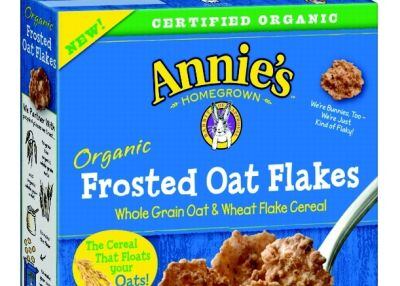
Echoing comments made earlier in the day by Suja Juice CEO Jeff Church, who noted that “we’re not going to win the day with an $8 bottle of juice,” Foraker said the only way to truly democratize organics was to partner with larger players.
He added: “I read every single one of the 20,000+ facebook posts [slamming Annie’s for getting into bed with a food giant like General Mills], but not once have I been asked to compromise. I told them I’m not changing, I’m not going to stop voicing my opinion.”
I read every single one of the 20,000+ facebook posts
On GMO labeling (Annie’s favors mandatory GMO labeling, Gen Mills does not), meanwhile, Annie’s will stick to its guns, he said.
“Guess who really owns Annie’s? Millions of Moms and dads, and if we betray them, we’re dead. I just say to consumers. Watch what we do.”
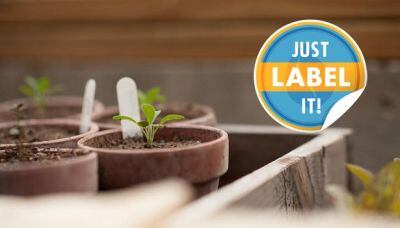
General Mills VP marketing Steve Young also stressed that General Mills had no intention of dictating policy to Annie’s over this issue. “It just doesn’t make sense to waste time focusing on the 1% where we disagree instead of the 99% of things we are in complete agreement over.
“The Annie’s consumer cares a great deal about this issue and if we didn’t respect that at General Mills, there would be a total disconnect. However, we both agree that there needs to be a national standard, not 50 different ones.”
We’ve seen a significant increase in distribution since the deal
Aside from working together to increase the acreage devoted to organic farming, General Mills and Annie’s (which is still based in Berkeley CA) have also collaborated on R&D, sales and category management, said Foraker, but retained their independence in other areas.
“In the first 6-9 months after the deal [General Mills acquired Annie’s for $820m in October 2014], our focus was on integrating sales and IT systems, but the biggest impact has been on innovation; we’ve launched yogurt, fruit snacks and cereals and we would never have been able to move as fast or produce products of this quality on our own.
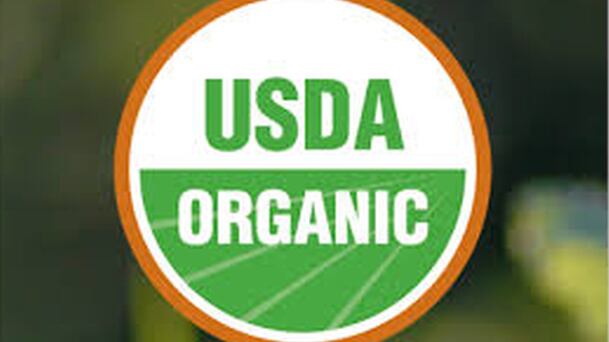
“We’ve also seen a significant increase in distribution; not so much in picking up loads of new accounts, but more about building real depth in many existing accounts and tapping into General Mills’ expertise in category management.”
It’s about keeping the culture, and that’s mostly about people
With Kellogg’s acquisition of Kashi often held up as an example of what not to do, the trend for big CPG acquirers these days is to try to keep acquisitions at ‘arm’s length’. But what does that mean in practice?
According to Foraker, who remains at the helm of Annie’s 17 months after sealing the deal with General Mills: “It’s not as simple as just keeping the head office [of the acquired company] in a separate location [from the acquirer’s HQ]. It’s about keeping the culture, and that’s mostly about people, and if key people leave, that will impact the culture.
“But we’ve been very fortunate in that we’ve been able to retain people so the core team at Annie’s today is not that different [to the team pre-acquisition].”
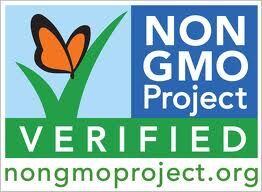
Asked whether some companies are using terms such as 'natural' and 'non-GMO' as a proxy for ‘healthy' on products that may be lacking from a nutritional perspective, Annie’s president John Foraker said: “I agree with that.
"Organic [which is non-GMO by definition] is a much better term as it is underpinned by clear standards, but we can't [as an industry] be just about being organic; we have to offer a healthier, cleaner alternative for kids and their families.”
Staying one step ahead
As for formulations, is there really a meaningful difference between many of the small brands exhibiting at Expo West and big legacy food brands, all of whom are now sourcing more on-trend, nutrient-packed ingredients, adopting greener and animal friendly sourcing practices, and ditching artificial colors, flavors, sweeteners and preservatives?
For the most part, yes, insisted Foraker, noting that while larger brands are tapping into the trends driven by smaller, more agile brands, they are usually several steps behind.
“I think the natural and organic brands will continue to innovate, so it’s not just about dropping ‘artificial’ ingredients, but using recyclable packaging, sourcing hormone-free or grass-fed dairy, and having a mission that consumers believe in.”
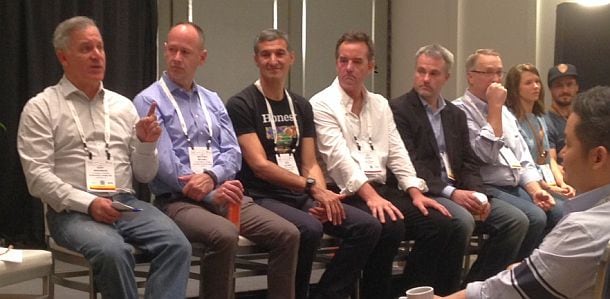
Speaking at a breakfast briefing hosted by Suja Juice at Expo West, Stonyfield Farm chairman Gary Hirshberg (pictured far left) said teaming up with a larger company (Stonyfield is owned by French dairy giant Danone) was key to helping increase the acreage devoted to organic farming in the US.
He said: "We need to quickly reverse course. We've got to grow the percentage of chemical-free agriculture and that's where the larger companies come in. There is such a thing as a win-win. Our partners at Organic Valley are making money, our consumers have benefited, our shareholders have benefited, and our employees have benefited."
